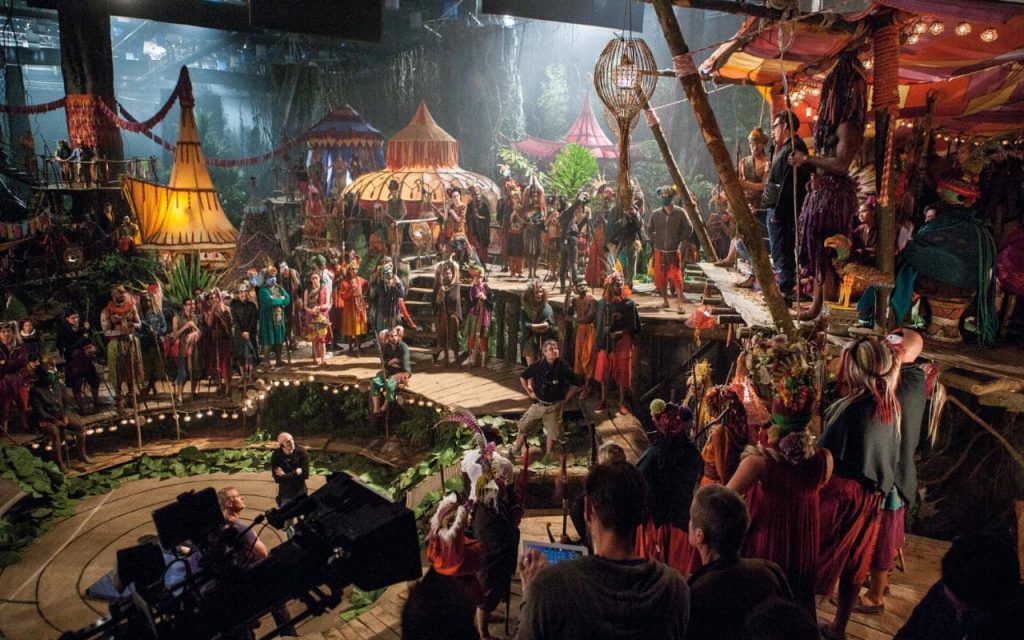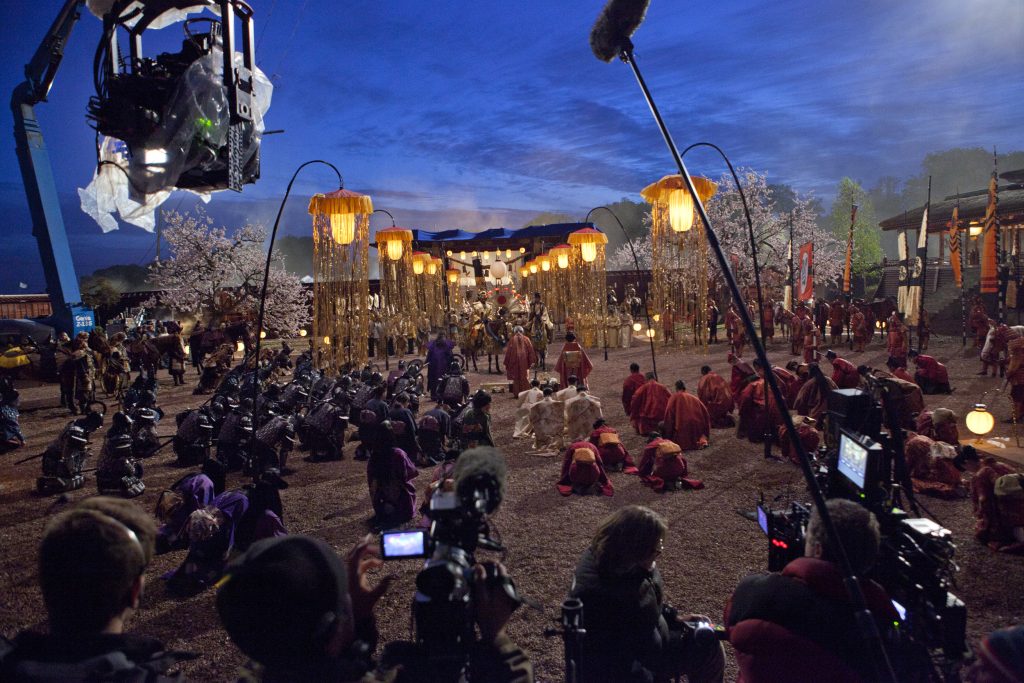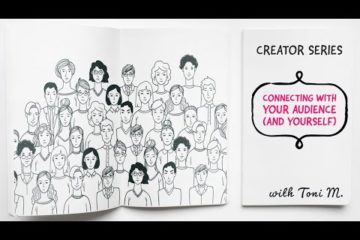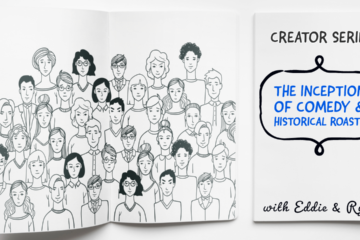
There’s a good reason why films are also called “motion pictures.” They’re images in motion, and with each image, there are layers that assist in defining a captured moment. From the foreground to the background, it’s important to fill those images in properly to show the best story. All of the layers must both fit with the story being told, and they must also work together.
The foreground is meant to create and develop the story. The background helps in showcasing the life and circumstances of the world the story resides in. The actors directly in front of the camera (the foreground) are working to tell that story and create an emotional connection to the audience. The background actors build mood, establish the time period, and assist in emphasizing emotional changes (to name a few).

So, there isn’t just a lot of weight on the actors in the foreground, but also those in the background. This is why it’s important to come in with the right mindset as a background actor.
And what is that right mindset?
It’s the same mindset the actors in the foreground need to have. It’s the mindset of understanding that everyone on set needs to work together. There is no one person that can take on a full production themselves. A film isn’t just about anyone specific individual, but how that individual works as a part of that larger project.
For you as a background actor, that specifically involves:
Arriving on time and prepared for the shoot you’re doing that day;
Listening to the directions provided to you and knowing your marks;
Not being a distraction and staying focused on the task at hand;
Asking questions that impact your work;
Handling all props and wardrobe properly based on the instructions provided to you by those departments;
Being in the moment as that character in that situation when you hear “Action!”

Keeping focused on those points, during every production, will have a positive impact on you professionally, as well as personally:
- You’ll be able to continue to appreciate the production process, thus making things less stressful for you and everyone on set.
- It will be easier to build relationships with your fellow actors and the crew.
- It will create positive habits that will impact your work as an actor when you’re in the foreground.
- Finally, it gets you out of being in your head and overly focused on being “seen” on camera.
Being so focused on being “seen” is one of the worst, most toxic things an actor can do. This one thing, above all, ruins all of the other positive points mentioned.
To provide some real-world context, here’s an example I experienced when I was on a set earlier in 2019.
On this specific shoot, a group of background actors were pulled into a building to stand by a specific set of windows. The goal was to have them peering out onto the action taking place just outside of the building, essentially serving to amplify the size of the event taking place. Based on the shot, the film’s audience weren’t going to be able to truly make out any faces, but they would realize there was a group of people paying attention to something important.
All but one of the background actors chose a spot to stand at by the windows. That one un-positioned actor was brought in at the last second, and directed by a PA to stand just to the left of another actor (we’ll call her Karen).
That first actor did what they were told, unaware that Karen had not been privy to that conversation. As soon as the actor took their mark, Karen proceeded to tell them that they were “in her shot.” The actor explained that they were instructed to be there by a PA. At that point, Karen made the “decision” that they could switch places with each other after each take, so they both got “face time.”
The other actor handled the situation as best as they could. They smiled and turned away from her. From that point on, that actor (and any other actor within earshot) didn’t speak to Karen for the rest of the production. I also noticed crew members actively avoiding Karen, especially when they needed to pull background actors in for other specific scenes.
Now, here’s a positive example from another shoot I did toward the end of 2019 when I was doing background work for a TV series.
That day’s shoot required around 300 background actors for a scene at a club. The Director wanted extras to move around with a purpose to bring liveliness to the scene. The goal was to provide a sense of energy and fun. As the 1st AD organized the scene, I stood off to the side, staying attentive to what was happening. Suddenly, the 1st AD noticed me, came over and said, “When the camera rotates around to this point, can I have you cross to this table, greet a person here and walk off with them?” He showed me my marks and explained the situation he wanted to create between myself and the other actor at the table.
The 1st AD finished setting up and we all got to our positions. We heard “Action, background!” and then “Action!” I waited for the camera (which was attached to a jib) to hit its mark and I entered, crossed over excitedly to see an “old friend,” chatted briefly and crossed out of shot with them. After I heard “Cut!”, I went back to my first position and saw the 1st AD walking briskly over to me.
At that point, I thought, “Oh no, did I screw up the shot somehow? Did I enter too soon? Or too late?” As soon as he reached me, he stuck out his hand and asked, “What’s your name?” I shook his hand and introduced myself. He told me that what I did was great, and he just wanted to make sure to say that to me. He then quickly walked away to handle the scene reset.
It was a brief and simple moment, but it was really nice to have someone go out of their way to show appreciation for the work I put in. After that, the 1st AD remembered my name throughout the shoot, and even pulled me in for additional shots, where he could.
Your overall attitude and output are impacted by having the right mindset. Always remember that the film is not there for you, but that you need to be there for it. Follow the points above, and they will have more impact on your long-term career than just being “seen” as a blurry face on camera.
Looking for more acting tips and information?
Check out our Creator Series as we interview creatives on their process, mindset, and advice for those looking to follow their passions!
You can also see my Evin Talks playlist on YouTube as I breakdown more facets of acting, hosting and content creation!



0 Comments